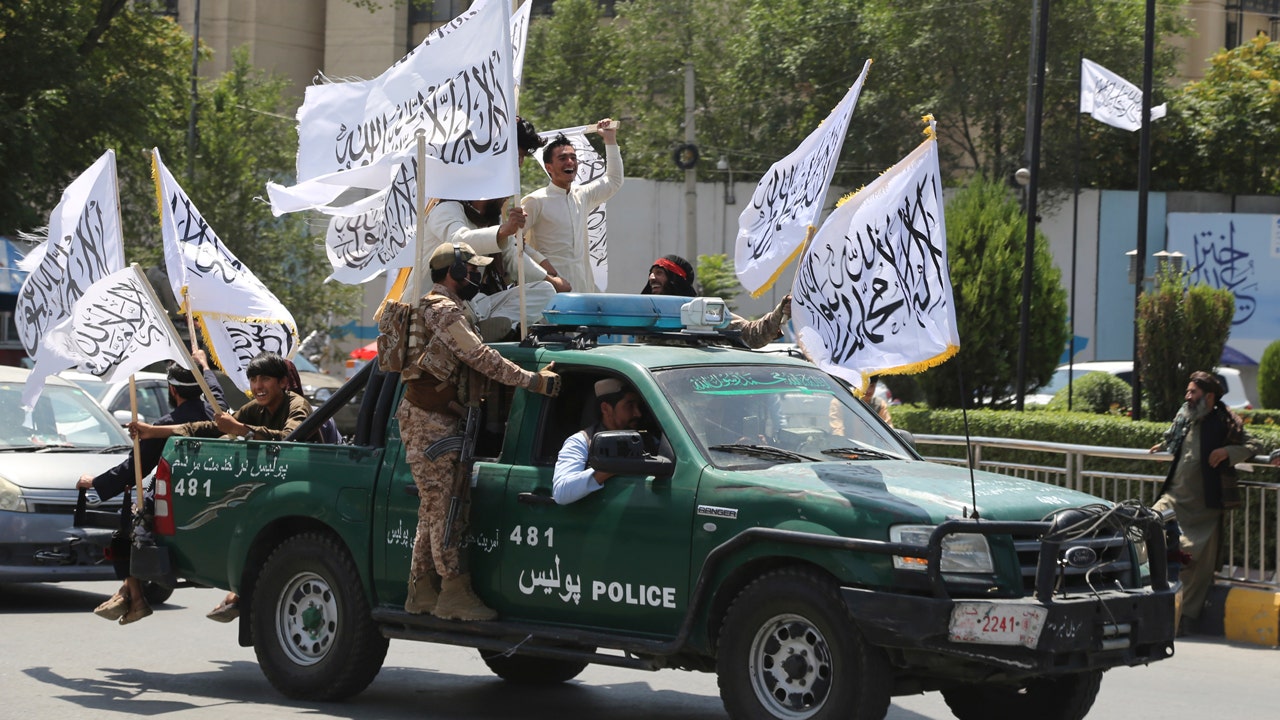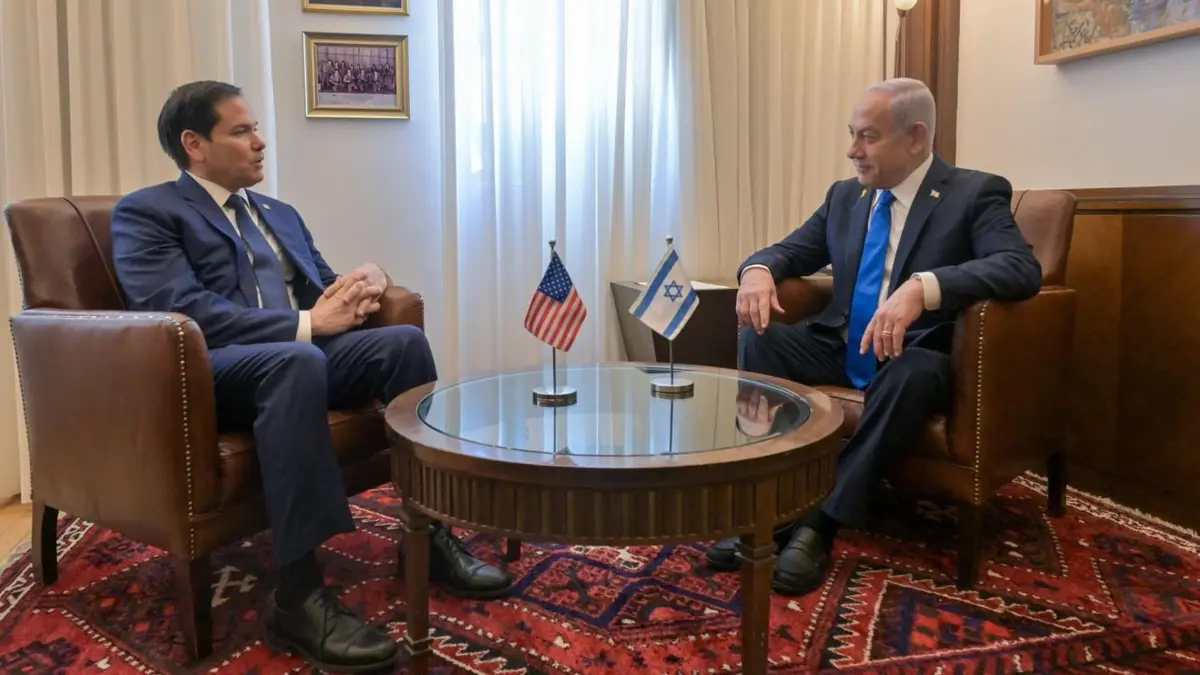A high-risk attempt to decapitate Hamas leadership signals resolve but strains vital alliances and leverage
Israel’s attempted assassination of Hamas leaders in Doha was a bold reach for deterrence that, for now, appears to have fallen short. Hamas claims its senior exiles survived, Qatar is furious, and already fragile ceasefire talks have stalled. The immediate military gain is unclear while the diplomatic costs are visible, from a rattled mediation channel to rare public displeasure from Washington. For a government pursuing total victory against a terrorist army that slaughtered Israelis on Oct. 7, striking outside Gaza reflects a coherent security logic: terrorist masterminds should not enjoy sanctuary. But taking that shot in a mediator’s capital without a decisive outcome invites blowback and narrows options for the remaining hostages believed alive in Gaza.
Deterrence versus sanctuary politics
The uncomfortable reality of this war is that Hamas leaders have operated from Doha hotel suites while Gazans absorb the consequences and Israelis bury their dead. From a national security perspective, extending operational reach to deny such sanctuary is defensible. The problem is not intent, it is execution. If you move on high-value targets in a partner’s capital, you must finish the job or be ready to absorb the diplomatic price. The message to terror leaders should be clear that geography does not grant immunity, but precision and outcome matter as much as audacity.
Qatar’s leverage, Washington’s balance
Qatar has facilitated two previous pauses that yielded 148 hostages, including eight bodies, in exchange for thousands of Palestinian prisoners. Israel’s forces have rescued eight hostages alive and retrieved 51 bodies, a sobering measure of the stakes. Doha says the current talks are no longer valid after the strike, even as it signals willingness to mediate again. The White House is publicly unhappy, with Secretary of State Marco Rubio meeting Qatar’s prime minister as the administration tries to steady ties with both partners. The strategic question is whether Qatar will keep hosting Hamas leadership while pretending to be a neutral broker. Mediation has value, but safe haven for commanders who perpetuate the war undercuts any claim to neutrality.
Coalition pressure and the politics of an image of victory
Inside Israel, hard-line partners are demanding an expanded push in Gaza City, boxing Netanyahu in and limiting his maneuvering room on a hostage deal. A clean decapitation strike in Doha could have offered the prime minister an image of victory and political space to pivot to a ceasefire. Instead, the setback complicates the coalition math even as Netanyahu’s immediate grip on power holds. Israeli public opinion leans toward a negotiated endgame, but in parliamentary arithmetic the coalition decides, and the coalition is urging maximal pressure.
What comes next
Israel needs a tighter doctrine, fewer mixed signals. Either commit to a discreet, effective campaign against external Hamas leadership with close US coordination to avoid ruptures, or lock in a concrete hostage-for-security framework through Qatar or alternative channels like Egypt. Washington should draw a clear line that partners cannot host terrorist command nodes while cashing the mediator check. Doha should choose, facilitator or sanctuary, not both. For Israel, limited-government discipline applies to war aims too: define objectives, avoid mission creep, and align tactics to ends. The strategic north star remains the same, dismantle Hamas’s capacity to threaten Israel, but do it in ways that expand leverage rather than erode it.





